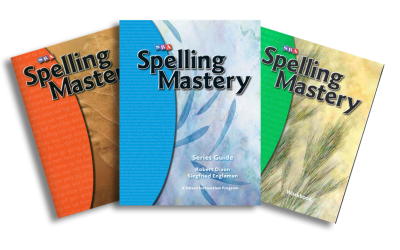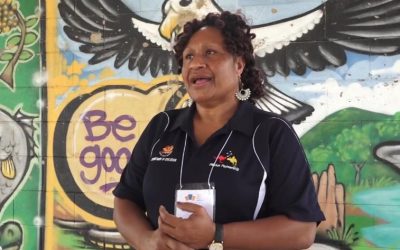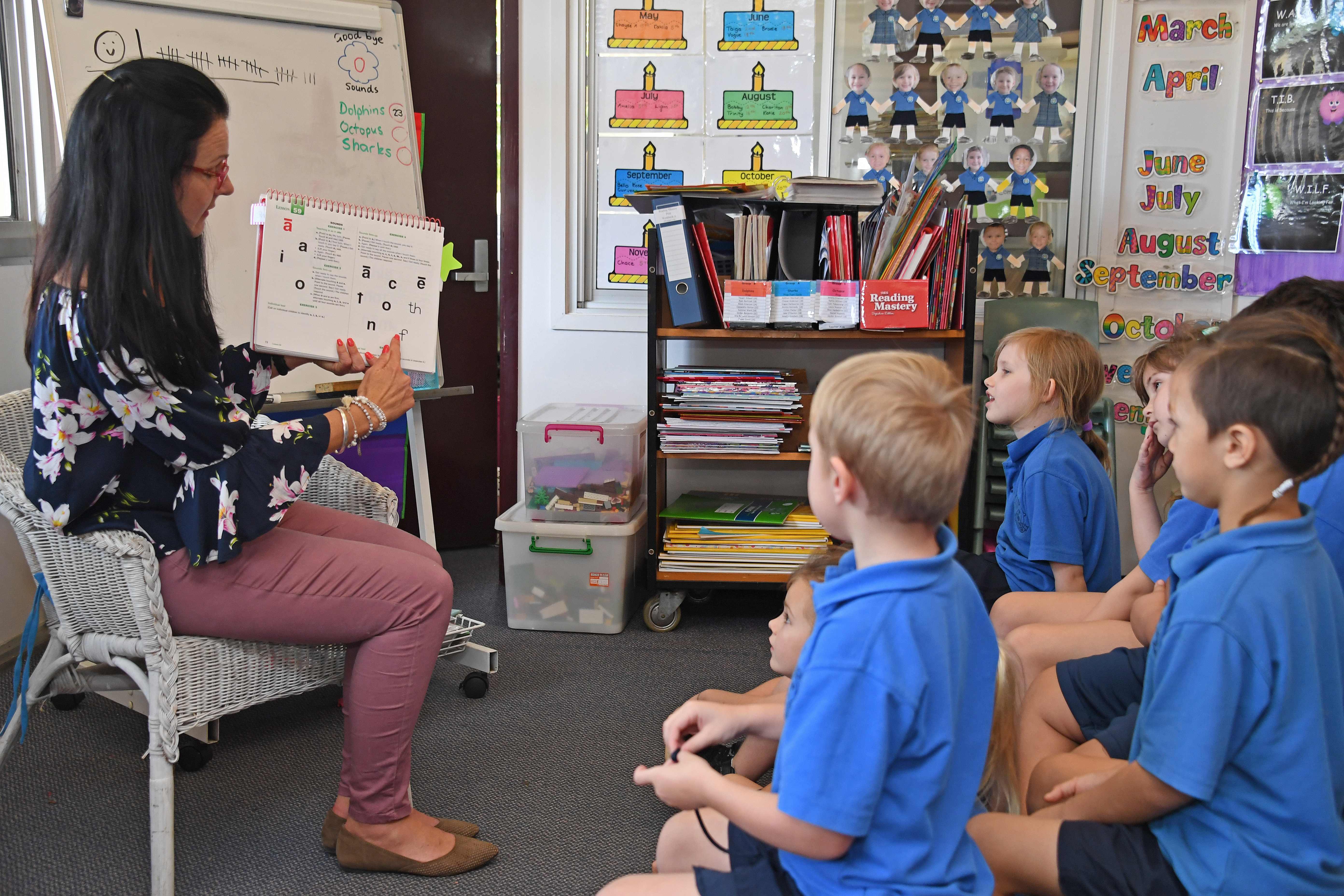Good to Great Schools Australia has partnered with Southern Kaantju Indigenous peoples of Cape York Peninsula to launch online language tutorials.
The first video tutorial launched this week featuring Elder Jennifer Creek, one of four Traditional Owners of Coen, and her grandchildren Zhenia and Kenny.
They use effective teaching strategies to help the audience learn how to introduce themselves in Southern Kaantju, the traditional language for the Coen Region.
The video is highly interactive, with Jennifer, Zhenia and Kenny speaking directly to the audience and giving them the opportunity to repeat words after them and even practice with a partner.
Jennifer said keeping the language alive is very important for keeping culture strong.
“For us Southern Kaantju people our stories are told in the landscape, if we lose and forget our language we lose our identity that connects us to the land,” said Jennifer.
“Language is very important. We want to keep our language alive and our culture strong.”
The Southern Kaantju Language Tutorials project will revitalise the ancient language by making tutorials using evidence-based instructional techniques accessible on online platforms including Facebook and YouTube.
The Southern Kaantju Language Tutorial project follows Good to Great Schools Australia’s partnership with Guugu Yimithirr peoples, which has seen the creation of 29 online tutorials to-date.
The Guugu Yimithirr videos have been viewed more than 130,000 times on Facebook alone.
All the Southern Kaantju and Guugu Yimithirr language tutorials are available on Good to Great Schools Australia’s YouTube channel.
Want to get involved in Good to Great Schools Australia’s online language tutorial project? Get in touch via info@goodtogreatschools.org.au.



